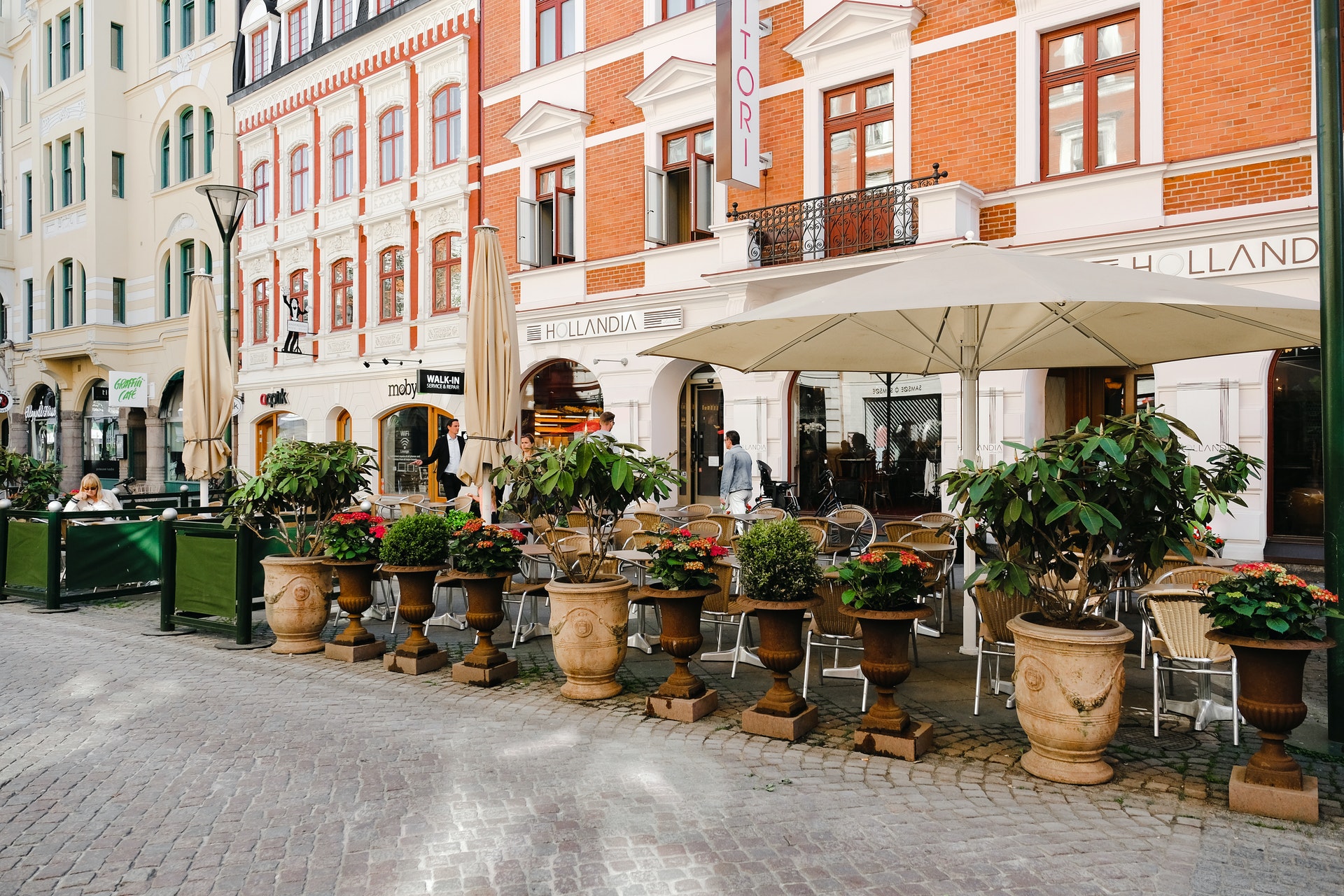When moving or considering to move, it is important to know the realities of the different country and its culture. If you are looking into moving to Sweden or the Netherlands, keep in mind that even though there are some similarities, there are also a lot of differences between the two countries.
Read on to find out what to expect in regards to living and working in Sweden vs. the Netherlands.
Cost of living in the Netherlands and Sweden
At a first glance, the cost of living in the Netherlands might seem quite high. But when compared to other Western European countries, it is relatively normal. Keep in mind that the cost of living in the major Dutch cities, including Amsterdam, is much higher than that in more rural areas.
House prices and rent are some of the main contributors to the higher cost of living – renting is expensive and prices are further going up. Luckily, you can save some money on transportation, as most of the Netherlands relies on cycling.
The minimum wage is decent, with quite high salaries – but also high-income taxes. But the good news is that recently the taxable amount was reduced from 100 to 70% – so you will save the income tax on 30% of your salary.
Sweden is also quite an expensive country to live in, especially when it comes to its capital, Stockholm. Not only the rent prices and utilities are high, but be prepared to spend a lot on buying things like food and clothes as well.
House prices in Sweden continue to rise – with a whopping 48% between 2012 and 2019. The areas in highest demand are around Stockholm and Malmö and since, similarly to the Netherlands, there is a shortage in terms of housing, prices are high. When it comes to renting, this is a much more affordable option – the market is controlled and rents are relatively low.
If you rely on public transport to move around the city, the system is extensive, but also pricey – though much cheaper than having your own car.
Work culture in the Netherlands and Sweden
There are numerous opportunities for expats in both the Netherlands and Sweden. The most thriving industries are creative industries, food and agriculture, IT, energy, health, and life science, chemicals, logistics, and the service industry. There is a great demand for high-skilled professionals such as IT specialists and engineers, as well as people working in finance.
In both countries, you can find job boards and job listings in English. The application process is fairly similar and standard – submit a CV and/or fill a form, and sometimes submit a cover letter as well. Then, if the company is interested, you will be invited to an interview, and depending on the position, a skill assessment.
In both countries, employers might encourage conversation about things that are not strictly work-related so that they can get a better feeling for the candidate as a person.
As for the working hours, people in the Netherlands tend to work longer hours, while people in Sweden are more focused on working shorter but more intense hours. In Sweden, it is common to leave the office at 3 pm, but in the Netherlands working overtime is also not common – actually, 74% of Dutch workers work part-time or less than 36 hours per week.
And since both countries have an English-centric work environment, they are perfect for internationals looking for work. Combined with the fact that they often do quite well in terms of quality of life and happiness indexes, you are bound to make a good decision no matter whether you choose to live and work in Sweden or the Netherlands.



